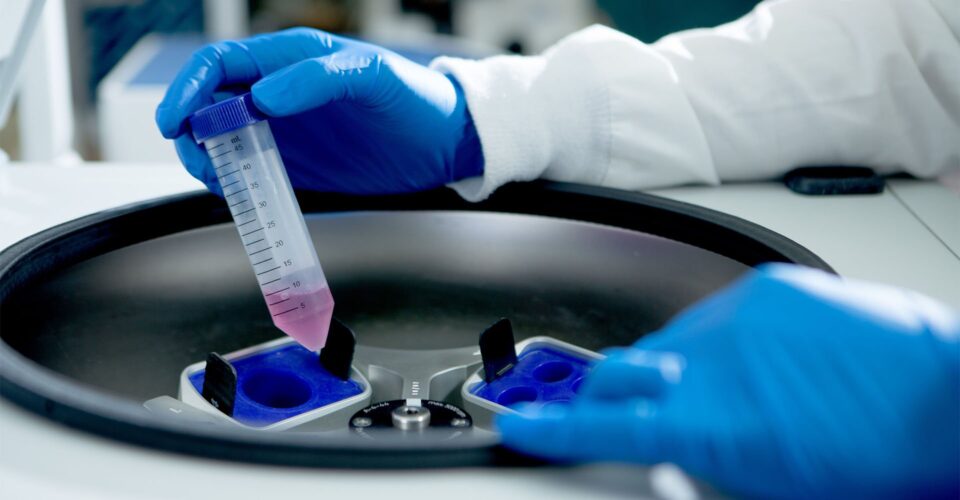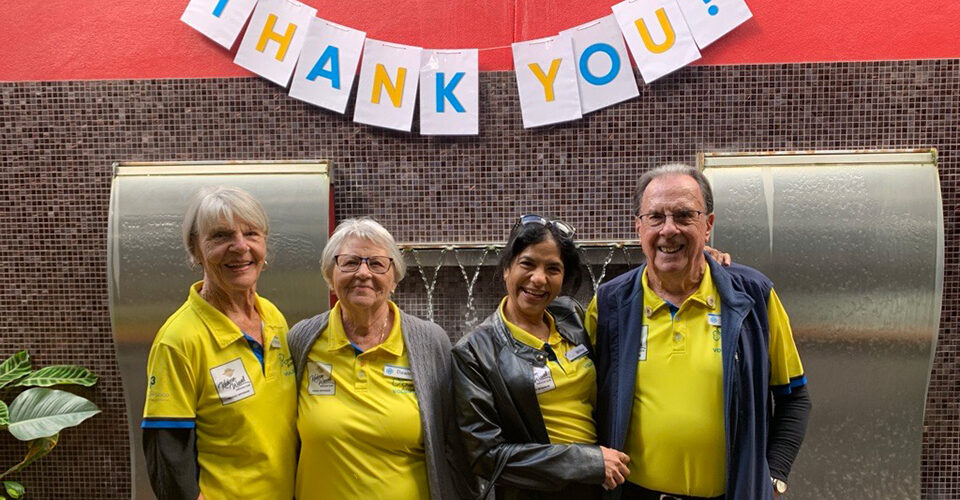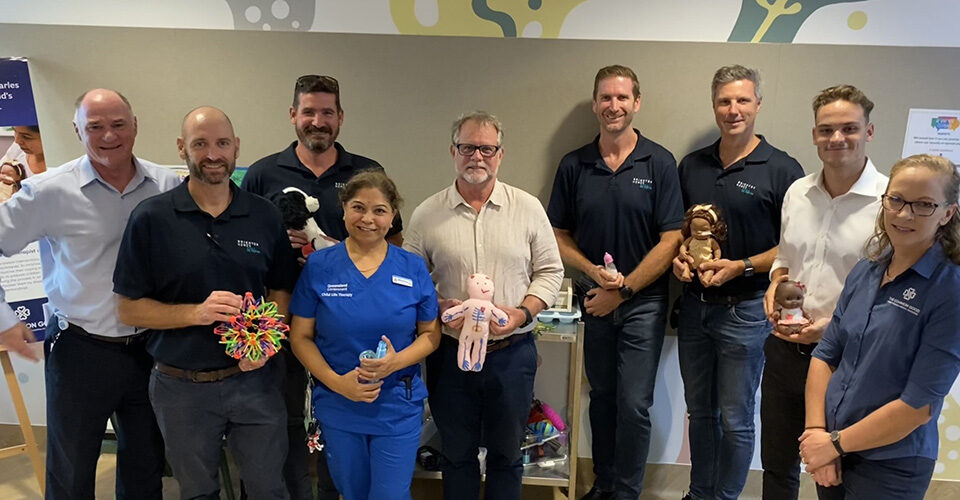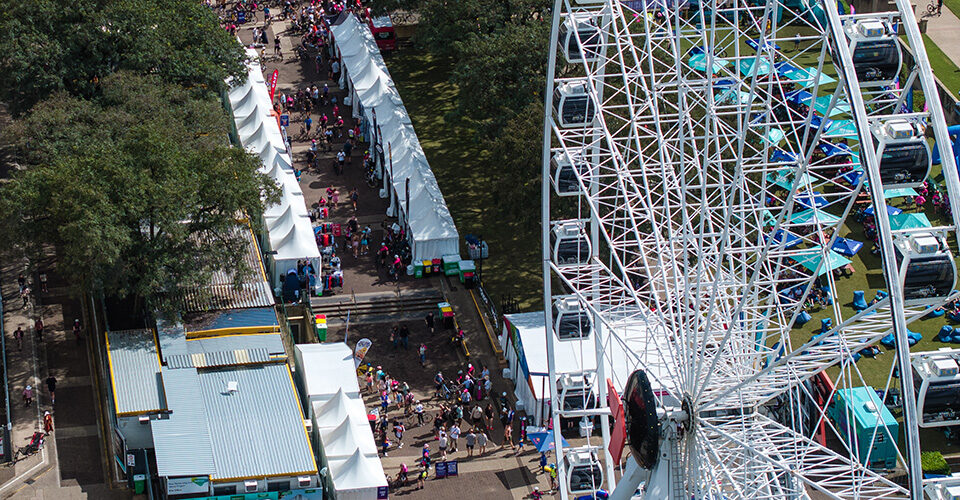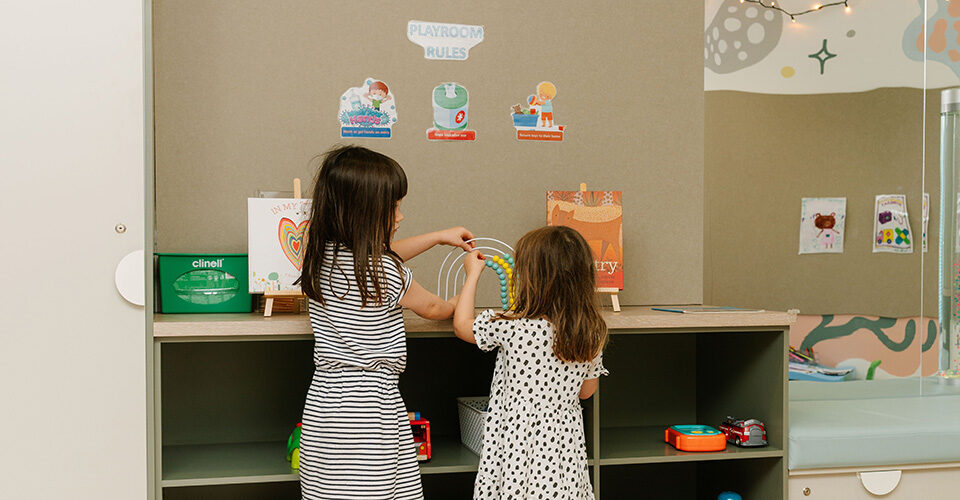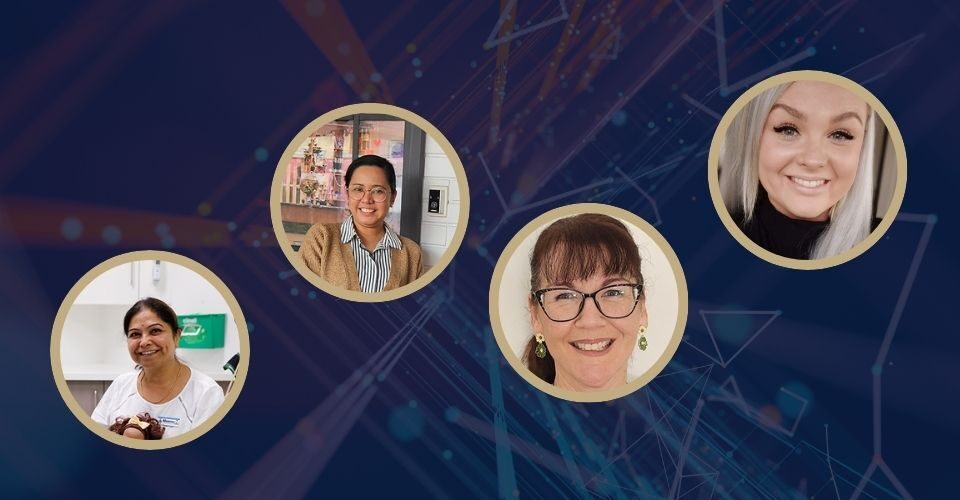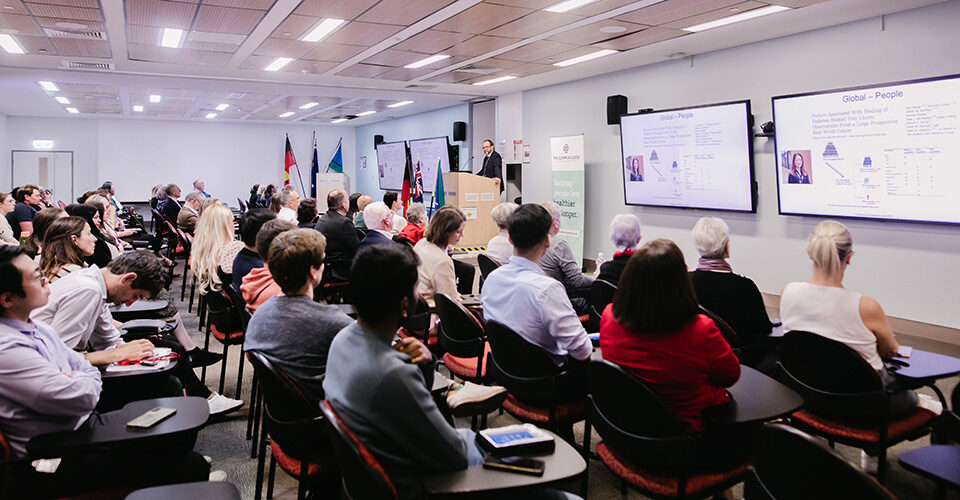Dementia was recently named the second biggest killer of Australians. But what exactly is dementia? How did a memory problem get on the list of deadly diseases?
Most of us think of dementia or Alzheimer’s disease as a type of memory loss, a process of gradually losing our memories as we age until we no longer know what’s happening around us. And that’s true, but it’s only one part of what’s going on with this complex condition.
Dr Eamonn Eeles heads up The Prince Charles Hospital’s dementia research group and he’s also a geriatrician specialising in dementia.
He says Alzheimer’s disease is the most common form of dementia, but how and why it occurs is not fully known. Other types of dementia, such as vascular dementia and Lewy Body disease, are better understood because there’s a specific recognisable cause, whether it’s a stroke, genetic disorder, or alcohol-related damage.
But Alzheimer’s disease is still something of a mystery. It’s difficult to pin down and even harder to treat.
Put simply, dementia is a disorder of the brain. A common early symptom is memory loss, followed by loss of reason, judgement, and the ability to manage day to day tasks. People with Alzheimer’s disease slowly lose the ability to care for themselves.
How does it kill you?
The fact is dementia itself doesn’t actually kill you. But it makes you vulnerable to a range of other illnesses an otherwise healthy person could fend off.
Dr Eeles says to imagine your body is an orchestra with your brain as the conductor. As long as the conductor knows what he’s doing, the orchestra sounds pretty good. Sure, there are times when the lead violinist is out with tendonitis, but everyone else can still carry on and do a passable job. No one’s asking for a refund on their concert ticket.
But when your brain has dementia, the conductor is gradually losing his focus and the orchestra can’t work well together.
The aim is to help people with dementia live as well as possible. As dementia progresses, it puts you at risk of injury and illness and the body never totally bounces back. Because the brain is being attacked, it can be difficult to identify other serious health problems. A person with pneumonia might have no cough but worsened confusion which can lead to a delay in appropriate treatment. Dr Eeles calls it a relentlessly progressive decline, with only an average of five years from diagnosis to death.
So what can you do?
Most of us will have periods of forgetfulness in our lives. For the most part, it’s probably due to stress or lack of sleep. Sometimes, it might be due to an illness fogging your brain. But if you are worried, ask someone who knows you if they’ve noticed. A memory problem noticed by other people is worth chatting to your GP about to see what’s up.
Sadly, there is no cure for dementia. Currently, there are some medications that slow the progress in about 30% of people. But as it can take a long time to identify Alzheimer’s disease, the treatment might be too late to make a difference.
Dr Eeles is working with the CSIRO and Queensland Brain Institute to test a new brain imaging technique that he hopes will help doctors make a quick and definitive early diagnosis of Alzheimer’s disease and identify which people fall into the 30% likely to benefit from available treatment. It won’t cure Alzheimer’s but by better understanding what’s happening inside the damaged brain cells of people with dementia, Dr Eeles is hopeful researchers will be able to find new treatments.
In the meantime, he recommends treating your brain well. Regular exercise, getting enough sleep, having a social life, quitting smoking and eating a Mediterranean diet are a good start. But fear not, while he suggests cutting down on alcohol, Dr Eeles says the occasional glass of wine is good for the brain and possibly the soul.
